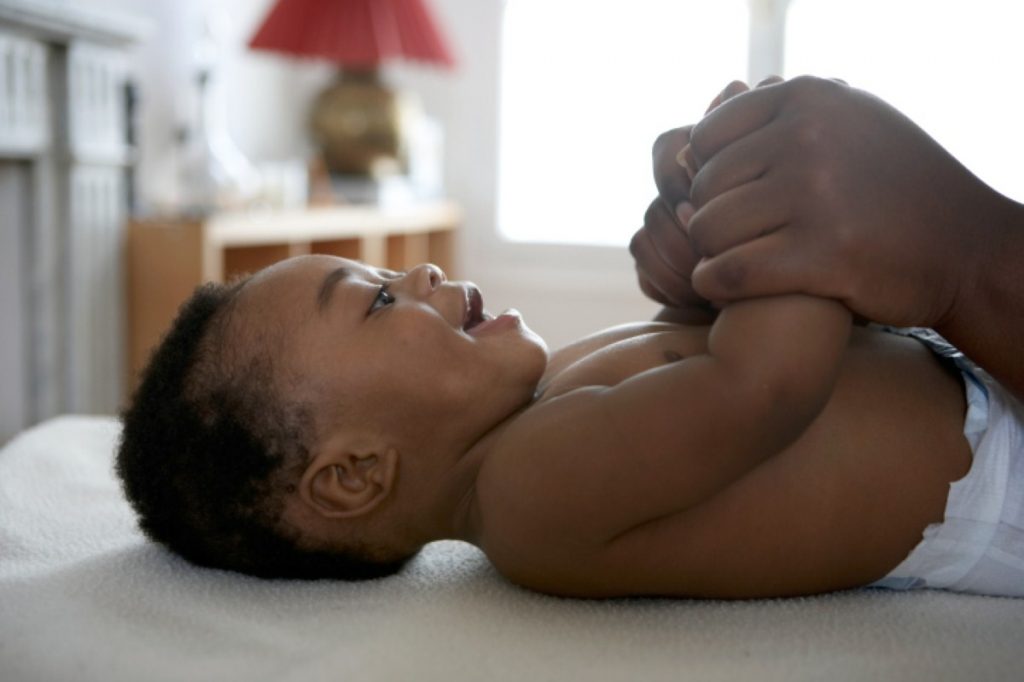Legal victory triggers court challenge to legal aid cuts
Campaigners against legal aid cuts won a major victory today, after the court of appeal allowed a case to go ahead on the impact of the reform on prisoners.
The Howard League for Penal Reform and the Prisoners’ Advice Service (PAS) argued that legal aid cuts had left vulnerable prisoners, including the mentally ill and mothers being separated from their children, without any protections.
Their case was originally rejected by the high court, but today three court of appeal judges overturned the decision and said there was a risk the current system was unfair or unlawful.
"The question of inherent unfairness concerns not simply the structure of the system which may be capable of operating fairly, but whether there are mechanisms in place to accommodate the arguably higher risk of unfair decisions for those with mental health, learning or other difficulties which effectively deprive them of the ability effectively to participate in, at least, some of the decisions," Lord Justice Leveson said.


Other cuts to legal aid have included a safety net which people can apply for in exceptional circumstances, but the cuts to prisoners' legal aid were absolute, meaning they offered no lifeline even if the prisoner was vulnerable or incapacitated.
The reform instantly triggered an avalanche of requests for help from prisoners facing legal cases, with calls to the Howard League's advice line increasing by 45%.
The Howard League was overwhelmed by the calls, as was the PAS, which did not have the physical or financial resources to deal with the sudden increase in requests for pro-bono assistance.
The cuts also coincided with an unprecedented deterioration of safety standards in English and Welsh prisons and a rise in suicides, which was compounded by staff shortages.
The charities argued that there were seven key areas of work cut from the legal aid remit where there was a marked increased in the risk of unfairness, including the use of segregation and access to work.
Campaigners are particularly concerned about the removal of legal aid for mothers separated from their babies, children and disabled prisoners requiring a support package for release and mentally ill prisoners held in isolation.
There are also worries about the small number of parole board hearings for prisoners on life sentences and imprisoned for public protection. In these cases, they can only progress to an open prison if the Parole Board deems them safe.
But even outside of prison, the exceptional circumstances safety net is not living up to expectation.
A funding scheme for children requiring legal aid in exceptional circumstances found only 50 of them had applied between October 2013 and September 2014, alongside 95 young adults. Of these 145 applications, just 12 were granted, including just three for children under 18.
Simon Hughes tried to instigate a review of the effect of legal aid cuts on children when he was in the Ministry of Justice, but it was blocked by officials.
A Ministry of Justice spokesperson said:
"We welcome the fact that the court has narrowed what was a wide-ranging claim to just one issue. Legal aid is taxpayers' money and should be used where really necessary, not for issues from prisoners that can be fairly dealt with by other means. We will continue to argue this point in court."









